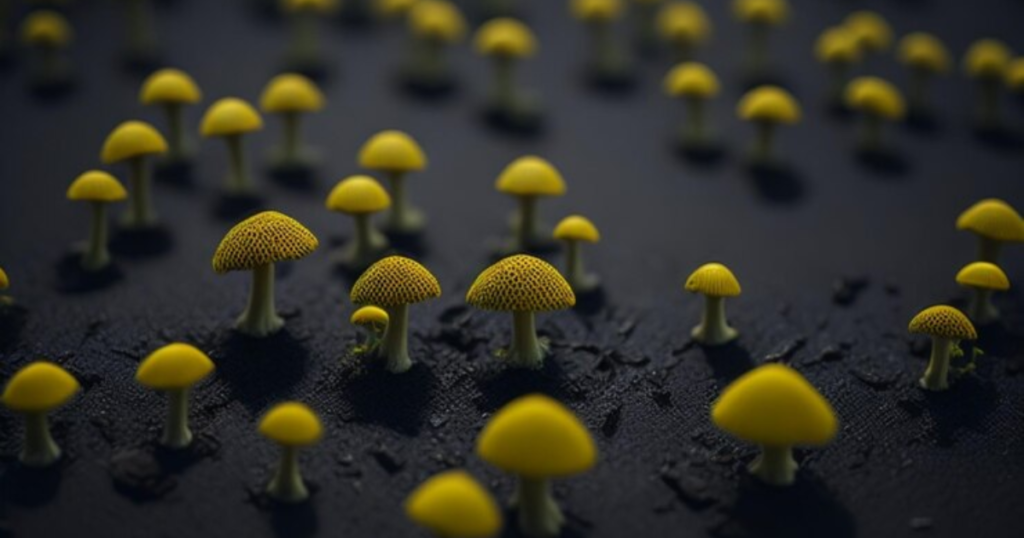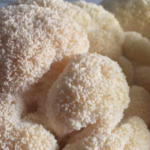Have you ever eaten mushrooms and then found yourself wondering how long they stay in your system? Maybe you’re concerned about a drug test or just curious about how long those effects might linger. Imagine going to a job interview or a crucial meeting, with a lingering worry about whether you’re still under the influence. Or worse, getting unexpected results on a medical test because you didn’t know how long mushrooms stay in your system.
In this blog post, we’ll explore the factors that affect how long mushrooms linger in your body, what to expect, and how to prepare for any situation. With the right information, you can put your mind at ease and take control of your health and well-being.
Understanding Psychedelic Mushrooms
Psychedelic mushrooms, commonly known as magic mushrooms, contain compounds like psilocybin and psilocin. Psilocybin is converted into psilocin in the body, which then interacts with serotonin receptors in the brain, leading to altered perceptions and hallucinations. These mushrooms have been used in various cultures for spiritual and medicinal purposes. Today, they are studied for their potential to treat mental health conditions like depression, anxiety, and PTSD.
The Metabolism of Mushrooms

When you consume mushrooms, psilocybin is rapidly converted to psilocin. This conversion happens in the liver, and psilocin is then distributed throughout the body, reaching the brain where it exerts its effects. The onset of effects typically begins within 20 to 40 minutes after ingestion, peaking around the 90-minute mark, and can last anywhere from 4 to 6 hours. However, traces of psilocin can linger in your system for a longer period.
How Long Do Mushrooms Stay in Your System?
Blood
Psilocin can be detected in blood for a relatively short period. Generally, it is detectable for up to 24 hours after ingestion. Blood tests are not commonly used for detecting psilocybin use due to this short detection window.
Urine
Urine tests are more commonly used to detect drug use. Psilocin can be detected in urine for up to 24 to 48 hours post-ingestion. However, this can vary based on several factors, including the individual’s metabolism, the amount consumed, and their overall health.
Hair
Hair tests can detect drug use over a much longer period. Psilocybin and psilocin can be detected in hair follicles for up to 90 days or even longer. This is because substances get trapped in the hair shaft and remain there as the hair grows.
Saliva
Saliva tests for psilocybin and psilocin are less common but can detect the compounds for up to 1 to 2 days after ingestion.
Factors Influencing Detection Times

Several factors influence how long mushrooms stay in your system:
Dosage
The amount of mushrooms consumed directly impacts how long psilocybin and psilocin remain in your system. Higher doses take longer to metabolize and eliminate.
Frequency of Use
Regular users may have traces of psilocin in their system for a longer period compared to occasional users. This is due to the accumulation of the substance in the body over time.
Metabolism
Individuals with faster metabolisms process and eliminate substances more quickly than those with slower metabolisms. Factors like age, genetics, and overall health can influence metabolic rates.
Body Composition
Body fat percentage can affect how long psilocin stays in your system. Since psilocin is fat-soluble, individuals with higher body fat may retain the substance for a longer period.
Hydration Levels
Staying hydrated can help flush substances out of your system more quickly. Dehydration can slow down the elimination process.
Overall Health
Liver and kidney health play a significant role in how efficiently your body processes and eliminates substances. Individuals with impaired liver or kidney function may retain psilocin longer.
Read More:
Implications for Drug Testing
Understanding the detection windows is essential, especially if you’re subject to drug testing. While standard drug tests do not typically screen for psilocybin and psilocin, specialized tests can detect these compounds. If you anticipate a drug test, it’s crucial to consider the detection times and the factors that might influence how long mushrooms stay in your system.
Reducing Detection Times

If you’re concerned about how long mushrooms will stay in your system, there are a few strategies that might help expedite the elimination process:
Stay Hydrated
Drinking plenty of water can help flush psilocin out of your system more quickly.
Exercise
Physical activity can boost your metabolism and help eliminate substances faster. However, it’s essential to maintain a balanced approach and not overexert yourself.
Healthy Diet
Eating a balanced diet rich in fiber can support your body’s natural detoxification processes. Foods high in antioxidants can also help.
Adequate Rest
Ensuring you get enough sleep allows your body to function optimally and aids in the elimination of substances.
FAQs
How long do the effects of mushrooms last?
The effects of mushrooms typically last between 4 to 6 hours, with the peak occurring around 90 minutes after ingestion.
Can mushrooms be detected in a standard drug test?
Standard drug tests usually do not screen for psilocybin or psilocin, but specialized tests can detect these compounds.
How long can psilocin be detected in urine?
Psilocin can be detected in urine for up to 24 to 48 hours after consumption.
Does body fat affect how long mushrooms stay in your system?
Yes, since psilocin is fat-soluble, individuals with higher body fat may retain the substance longer.
How can I speed up the elimination of mushrooms from my system?
Staying hydrated, exercising, eating a healthy diet, and getting adequate rest can help expedite the elimination process.
Conclusion
Understanding how long mushrooms stay in your system is crucial for making informed decisions about their use. The duration that psilocybin and psilocin remain detectable in your body varies based on several factors, including dosage, frequency of use, metabolism, and overall health. While the effects of mushrooms may last only a few hours, traces of the compounds can linger in your system for days or even months, depending on the type of test used.
Being aware of these factors can help you better manage the implications of mushroom use, whether for therapeutic, spiritual, or recreational purposes. Always consider the legal and health implications of consuming psychoactive substances, and consult with a healthcare professional if you have any concerns.







